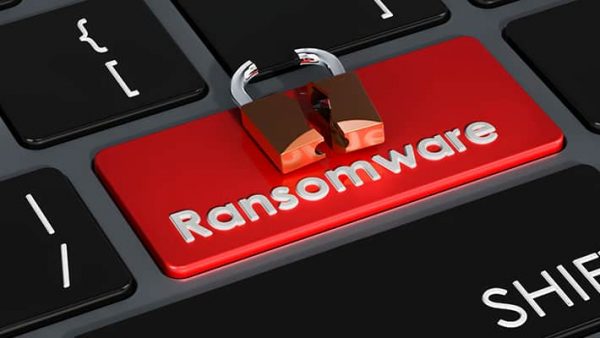Ransomware is a type of malware that’s used by cybercriminals to freeze their victims’ computers, prevent them from accessing their data and networks, and demand a ransom to be paid before data on the affected devices can be released to victims. It effectively locks its target out of its systems until they pay the attacker.
Read more about Business
When these attacks happen, the affected businesses have to spend millions of naira in their recovery efforts. They may also wind up losing a lot of sensitive data, and suffer a dent in their public image when news of such attacks is made public.
If you’re a business owner or manager and you’d like to protect your enterprise from the ravages of ransomware, you can do so by taking these six steps.
Have A Data Backup And Recovery Plan
Ransomware attacks often lead to the loss of important data. This may happen even when the ransom requested by the attackers is paid. So it’s important that multiple copies of these data are made. If an attack succeeds in eliminating data, you can work with its backup versions.
Having a data backup and recovery plan ready beforehand makes this process easier to execute. It could ultimately save you a lot of money. It could also allow you to get back to work fairly quickly, save time, and maintain your customers’ trust in your business.
Update Business Devices
Outdated software is often more prone to malware than newer ones. That’s because older applications don’t have the program upgrades that can protect them from the latest cyber threats. The older your programs are, the more susceptible they’ll be to ransomware and other kinds of attacks.
To eradicate this weakness, make sure that all software on your business systems is updated often (if possible, as often as there are new versions of them). Newer applications come with the latest safeguards, which are designed to limit the chances of a security breach occurring.
Sign up for the Connect Nigeria daily newsletter
Train Your Employees
Human errors often provide a pathway for ransomware to infiltrate enterprise systems and networks. If people on your team are uninformed about actions or inactions that may cause ransomware to get into your systems, they may make those mistakes at some point.
Educate your staff about the dangers of ransomware. Tell them what they can do to limit its chances of affecting your business, e.g. not clicking on suspicious links on emails they receive, and not installing prohibited applications on their computers. Let them know what actions they should take in the event that they fall victim to a ransomware attack (they should immediately inform their superiors or the IT department about it).
Be Careful With Email Links
We already hinted at this in the previous step. Cybercriminals often try to compromise their victim’s systems by sending emails with links or attachments that, if clicked, could cause ransomware to take control of the recipient’s computer.
To prevent this from happening, verify that the emails you receive are from trusted sources. Use your cursor to hover over any link sent to you; doing this will reveal the actual link. If the link you see isn’t the same as what’s in the email (or if it appears dubious), you shouldn’t click on it.
Strengthen User Account Management
Malicious actors may gain control of staff accounts if such accounts aren’t protected with strong passwords. If you’re going to prevent them from penetrating your defences, you’ll need to extend the minimum character limit for employee accounts’ passwords. Longer passwords that incorporate alphabets, numbers, and other characters will guarantee greater safety.
Register to attend the Connect Nigeria Business Mixer
Also, consider adopting Multi-Factor Authentication (MFA). This creates multiple verification stages, thus reducing the chances of an attacker getting into your systems and networks.
Enable Spam Filters
You can limit the openings that may allow malware to infiltrate your computers by enabling spam filters that prevent suspicious emails from reaching employees. This could be crucial in instances where an attacker tries to penetrate your systems via phishing emails.
Technologies you can deploy for this purpose include DomainKeysIdentifiedMail (DKIM) and Sender Policy Framework (SPF). This will help you identify and filter out emails that are potentially harmful.
Final Words
The risks associated with ransomware are significant enough for you to be concerned about them. They could cost you a lot financially and damage your public reputation. If you’re going to prevent this from happening to your business, you should follow the steps we’ve described here to reduce your chances of being hit by a ransomware attack.
Featured Image Source: Kaspersky
Got a suggestion? Contact us: [email protected]


